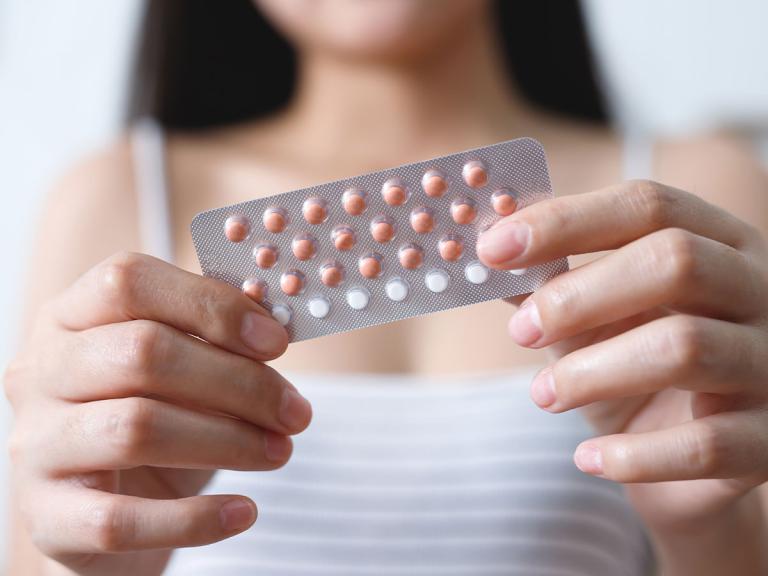
With back-to-school season in full swing, a recent USA Today health article made a startling suggestion for what to pack for teens and young adults: contraception. The list also suggested Fentanyl strips and Narcan, COVID-19 tests and getting a booster. It also recommended that parents ensure their children have access to mental health resources. The article suggested parents look into the soon-to-be-released first over-the-counter (OTC) birth control pill, Opill, which has been approved by the FDA for release in 2024. The article also offered a list of other OTC options, including condoms, contraceptive sponges, and spermicide. It also stressed the importance of emergency contraception, mainly the morning-after-pill or Plan B.
NPRoffered similar advice during its “All Things Considered” podcast. The segment featured a college-bound young woman by the name of I’laysia Vital as she prepared to leave California to attend a historically black college (HBCU). The podcast focused particularly on Texas’s abortion bans, with one nurse who helps students in California obtain birth control lamenting, “Many students here are just totally floored when I tell them that these laws are different in the states that they’re going to. They can’t believe that they can’t get an abortion in this country.” The nurse, Arin Kramer, can write prescriptions for up to a year’s worth of contraception in California, where parents are not required to be notified about their children’s access to birth control. Vital chose to receive a birth control implant, Nexplanon. She will be attending her college with the young man she is currently “talking to” (code for having casual sexual relations with).
Despite USA Today’sinclusion of mental health concerns on its back-to-school list, the article failed to mention the link between increased depression rates and oral birth control use in young women. A study from Uppsala University in Uppsala, Sweden, found that women who began taking combined oral contraceptive pills when they were teens had a 130 percent higher incident rate of symptoms of depression than those who began taking the contraceptives later in life. Another 2021 study found that etonogestrel subdermal implants like Nexplanon can lead to abnormal uterine bleeding (AUB), with 80% of the patients reporting AUBs. The Federalist criticized the article for what it called treating young girls like pets. “It calls to mind my Natural Womanhood colleague’s recent comment that we now collectively ‘talk about our daughters as if they’re the family pet’ — you know, the cats and dogs we spay for their own health and protection, given that they just can’t help themselves from engaging in their animalistic impulses?” the article criticized. Albert Mohler, president of the Southern Baptist Theological Seminary, criticized the article, saying, “It doesn’t say that parents are to celebrate sex and drugs and misbehavior by their kids, but it does say they are to facilitate it. That is a major redefinition of parenting.”
